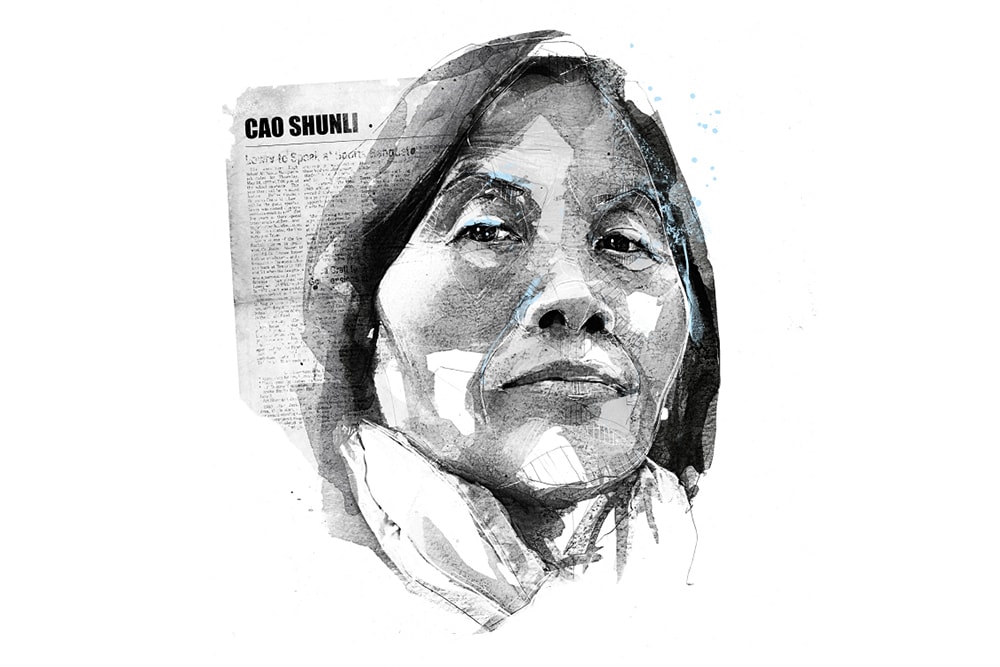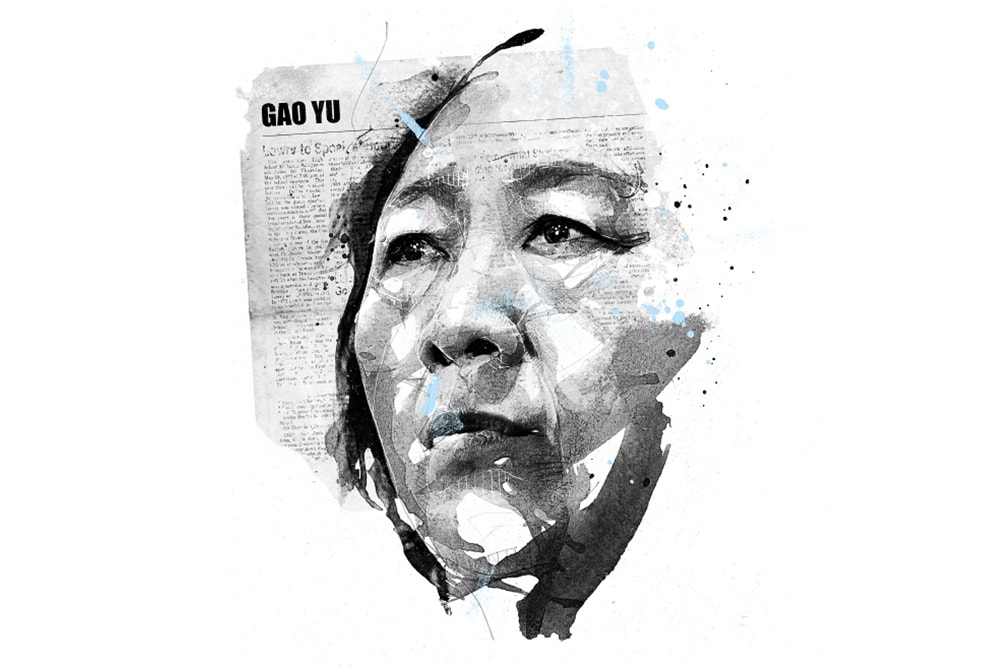Even when he was China's most renowned prisoner, Liu Xiaobo steadfastly remained a man with "no enemies". On 13 July 2017, Liu died from complications of liver cancer while under state custody. He was 61.
"I look forward to [the day] when my country is a land with freedom of expression, where the speech of every citizen will be treated equally well; where different values, ideas, beliefs, and political views … can both compete with each other and peacefully coexist... I hope that I will be the last victim of China's endless literary inquisitions and that from now on no one will be incriminated because of speech."
China’s most well-known dissident writer and activist, Liu Xiaobo, was imprisoned in December 2008 on an 11-year sentence for ‘subverting state power’, despite winning the 2010 Nobel Peace Prize and persistent calls by global leaders for his release.
Liu Xiaobo was a renowned literary critic and activist and author of several books that explore and challenge state ideology. After completing his Phd in the late 1980s, he took up several visiting scholarships, including at Columbia University, the University of Hawaii, and the University of Oslo. He returned to Beijing in early 1989.
A central figure during the Tiananmen Square protests, he joined hunger strikers and urged students to maintain a non-violent stance even while under attack from the military. For this he was labelled as one of the ‘black hands’ behind the protests, and arrested. He served two years in prison. He continued his activism after his release, for which he was placed under a nine-month heavy surveillance order. He spent another three years of ‘re-education through labour’ between 1996 and 1999.
In 2008, Liu Xiaobo was a lead author of Charter 08, a petition calling for political reform and for China to commit to international human rights conventions. Published to coincide with the 60th anniversary of the United Nations Universal Declaration on Human Rights, it was inspired by the Charter 77 movement in the then Czechoslovakia.
Over 350 journalists, academics, and activists signed the petition. On 8 December 2008, just before the formal release of Charter 08, Liu Xiaobo was arrested. A year later, on 23 December 2009, he was brought before a court in Beijing, and accused of ‘inciting subversion of state power’. Just three hours later he was sentenced to 11 years in prison.
In December 2010, Liu Xiaobo was awarded the Nobel Prize for Peace for “for his long and non-violent struggle for fundamental human rights in China”. Unable to attend the ceremony in Oslo, his absence was poignantly represented by an empty chair and his acceptance speech was read by the actress Liv Ullmann.
Other Nobel Laureates from across disciplines have raised their voices in his support. 134 Laureates issued a joint call on Chinese President Xi Jinping for Liu’s release in December 2021. At the same time, Archbishop Desmond Tutu launched a petition that attracted over 450,000 signatures globally.
It was while he was at the re-education camp that Liu Xiaobo met his wife, the poet Liu Xia. She was placed under house arrest in October 2010, when her husband’s Nobel prize was announced. She had no access to the internet or telephone, and little contact with friends or family, although she was granted rare visits to her husband in prison.
Liu Xiaobo was a prominent member of PEN International, heading its Independent Chinese PEN Centre from 2003-2007. The organisation led the campaign for his release, staging readings of and publishing his and Liu Xiao’s writings, alongside constant diplomatic and international advocacy.
Arguably, awarding the Nobel Prize could have cemented China’s resolve not to accede to pressure for Liu’s release. During a state visit to the UK in October 2015, President Xi responded to questions on human rights in China: “China attaches great importance to the protection of human rights”; however he made clear that the Chinese government sees human rights through its own lens: “We combine the universal value of human rights with China’s reality and we have found a part of human rights development suited to China’s national conditions.”
Little information was released by the Chinese government during Liu Xiaobo’s detention. On 23 May 2017, he was diagnosed with terminal liver cancer. A month later he was granted medical parole and transferred from Jinzhou Prison to China Medical University No. 1 Affiliated Hospital in Liaoning Province.
Various groups and leaders around the world immediately appealed to China to allow Liu Xiaobo to leave the country on humanitarian grounds so that he could seek medical treatment for his cancer.
However, on 13 July 2017, Liu Xiaobo died from complications of liver cancer in a Shenyang hospital while under state custody. He was 61.
His name was censored on China’s social media channels as writers and freedom of expression advocates from across the world honored his legacy and his unfinished work of promoting democratic reforms in his country.
After his death, the global campaign calling for the release of Liu Xia gained strength and support, and the sustained pressure eventually led Chinese officials to allow the poet to seek medical treatment on 10 July 2018 in Germany.
Several years later, human rights groups continue to cite Liu Xiaobo’s death in detention to push for the urgent release of press freedom defenders in China who need emergency medical care and are at risk of losing their lives.
PEN International marked the tenth anniversary of the awarding of the Nobel Peace Prize to Liu Xiaobo by highlighting his legacy as a writer and by calling for the freedom of detained artists and writers in China.
“They tried to get the world to forget him; the world won’t, just as the world won’t forget the poets, writers, publishers, and intellectuals who continue to remain in jail in China, denied their freedoms and their platform,” said Salil Tripathi, chair of PEN’s Writers in Prison Committee.
Illustration by Florian Nicolle



